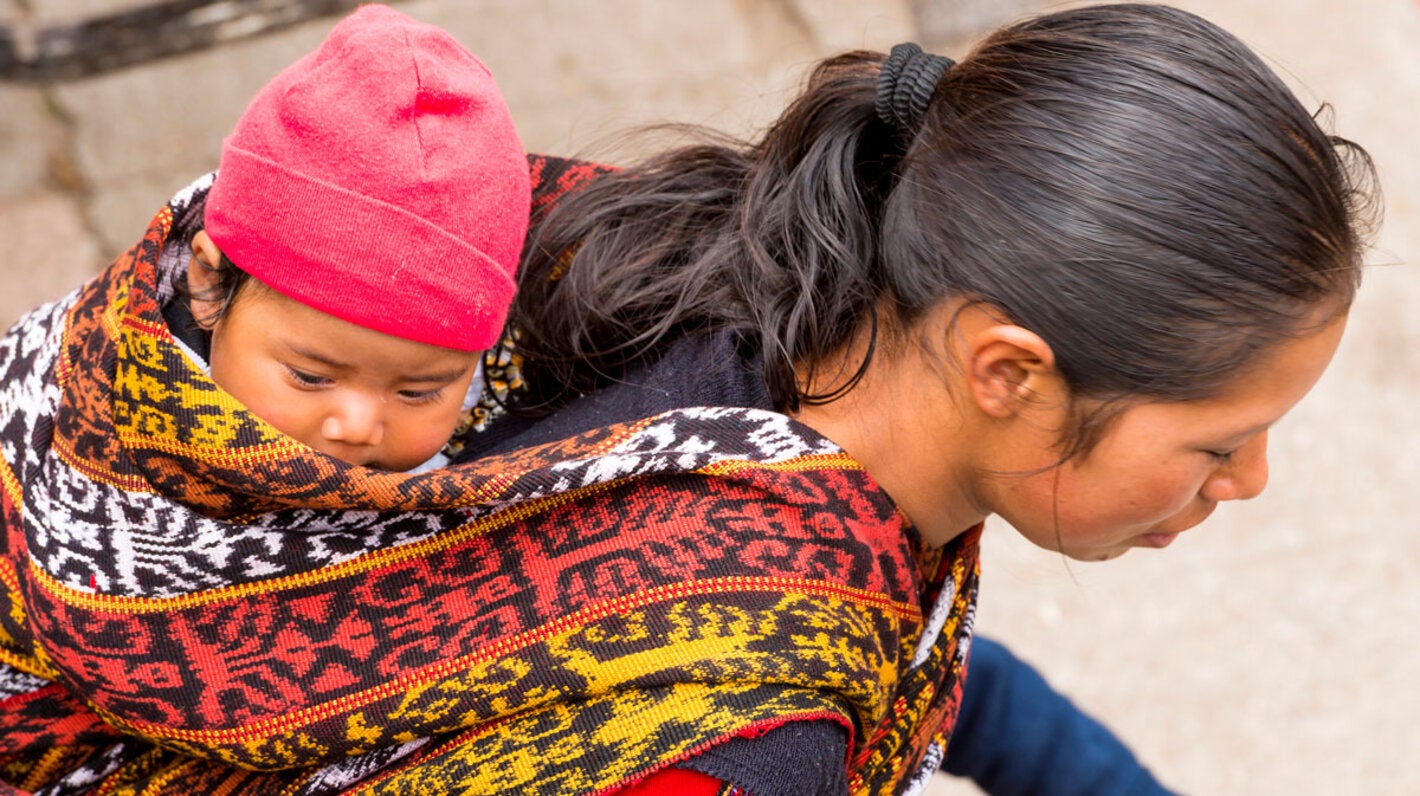
The Every Woman Every Child Latin America and the Caribbean (EWEC-LAC) initiative extends a cordial invitation to the webinar Health inequalities in Latin America and the Caribbean and what to do about it, which will take place on Thursday, July 7, 2022, from 10:00 to 11:00 a.m. (EDT)
This webinar presented an overview of social inequalities in the health of women, children and adolescents in Latin America and the Caribbean (LAC) before and during the COVID-19 pandemic as well as policies and interventions for their reduction. The information to be presented is especially important in the current context of LAC, as it is deemed as a region with high levels of inequality. Furthermore, a baseline of the situation before the pandemic may enable a future quantification of changes in social inequalities in the health of women, children and adolescents in the LAC region during the SDG era. The webinar consisted of 3 presentations, which were followed by a Q&A session to facilitate participant interaction.
The 2030 Agenda for Sustainable Development (2030 Agenda) established in 2015 sets guiding principles to “achieve a better and more sustainable future for all.” The Sustainable Development Goals (SDGs) included in the 2030 Agenda make explicit what this means by specifying relevant statistical indicators and setting clearly defined targets in them to be achieved by 2030. Given the emphasis on the collection and availability of SDG-related data, it is possible to track universal progress towards the SDG targets.
One of the SDGs, SDG 3, includes targets to improve health and well-being. In general, SDG health-related indicators measure health outcomes and coverage at the country level by employing averages. However, given the nature of the data, inequalities in health outcomes and the access to health services tend to be masked. Since it is important to strive for gains in health and well-being to be equitably distributed among individuals regardless of their wealth, educational attainment, and other factors relating to their social background, it is essential to first identify and quantify existing social inequalities in health.
Agenda
Moderator: Liliana Carvajal, Division of Data, Analytics, Planning and Monitoring, UNICEF
Welcome Remarks: 10:00–10:05 a.m. (Emma Iriarte, Mesoamerican Health Initiative, IADB)
Presentation 1: 10:05–10:20 a.m.
Inequalities in the health of women and children: a pre-pandemic baseline (Oscar Mujica, Department of Evidence and Intelligence for Action in Health, PAHO)
Presentation 2: 10:20–10:35 a.m.
Closing the equity gap, and improving the situation of women, children, and adolescents in vulnerable situations is possible (Alejandra Acuña, Executive Secretariat, COMISCA)
Presentation 3: 10:35–10:45 a.m.
Resources to measure and monitor inequalities in health (María Berroterán, Communication and Advocacy Working Group, EWEC-LAC)
Q&A session: 10:45–10:55 a.m.
Closing Remarks: 10:55–11:00 a.m. (Sebastián García, Department of Evidence and Intelligence for Action in Health, PAHO)
